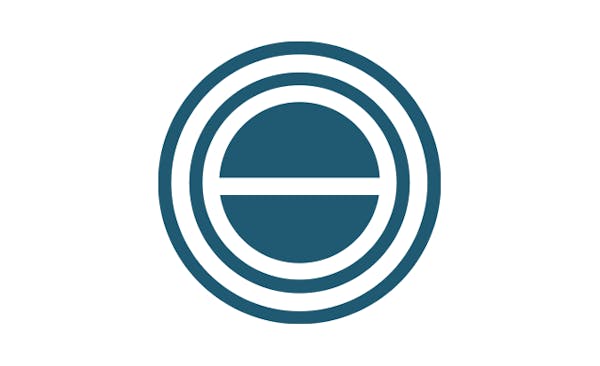Community Genome Project
A consortium led by Context Labs, the UNFCCC Climate Champions, and Xpansiv recently announced the launch of the Commodity Genome Project (CGP), an open-source language for commodity markets housed at One Earth, a nonprofit organization working to accelerate climate action.
The CGP establishes a language for describing commodities’ environmental, social, and governance (ESG) footprints—in addition to their physical attributes. The project’s goal is to accelerate the proliferation of sustainable commodity standards by 2030 by creating a common language for describing the comprehensive data profile for any given unit of commodity production. This collective framework will serve as an essential foundation upon which new standards can be built.
By enabling clear comparisons of ESG footprints and ensuring the integrity of product information, the CGP empowers markets to appropriately value the materials at the base of global supply chains. This paradigm shift in commodity valuation can potentially redirect trillions of dollars toward regenerative production practices.
The CGP was created as a public good, and participants are collaborating to define new digital ESG-inclusive commodities and price signals. Available without charge and license-free, the CGP welcomes contributions—this is a collective effort designed to contribute to the global commons, empowering a better future for us all.

We now know that commodities are not sourced and created equally. The “footprints” of a ton of concrete, a bushel of corn, or a barrel of oil vary significantly depending on land, labor, energy, water, and other essential inputs. For example, innovations in steel and concrete manufacturing can reduce CO2 emissions by up to 80%, and the GHG intensity of a barrel of crude oil can be 12 times higher depending on its field of origin and emissions during production, processing, and transport.
“The total value of commodity markets—the food, fuel, and materials we consume—is approximately $20 trillion per year,” said Curtis Ravenel, Senior Advisor to Mark Carney, COP26 Finance Advisor, and UN Special Envoy. “The CGP is a lingua franca for anyone working to create digitized, regenerative commodity markets, unlocking the enormous potential to make measurable progress toward increasingly ambitious climate goals.”
“An open-source description framework is the substrate from which new standards are created,” said Digital Asset Founder and CEO Yuval Rooz. “The CGP doesn’t dictate what constitutes good or bad production practices, or whether a commodity’s footprint has a high or low intensity. Instead, it provides a common language for others to do so. This helps accelerate the emerging ecosystem of new standards and accounting practices.”
Comprehensive ESG profiles can be used to establish new industry benchmarks and define sustainable production practices, empowering market participants to share, register, transact and ultimately retire ESG-oriented information, certifications, and other derived assets.
The CGP empowers supply chains and markets to differentiate and value commodities according to how they’re produced, driving capital toward commodities that reflect desirable ESG-oriented attributes—including those outlined in the UN’s Sustainable Development Goals. In turn, accurate price signals and greater liquidity will accelerate advances in environmental monitoring systems, smart contracts, standards and certification organizations, and sustainability-reporting frameworks. This digital ESG value chain can collectively spur the data-driven transformation of global markets.


